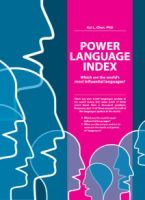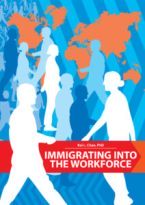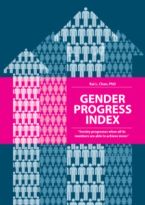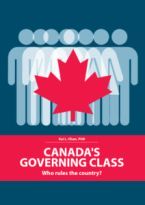
Activism includes work for others
Many people say that activism on campus is nonexistent. Without a doubt the Princeton climate does not provoke the kind of activism that is seen on other campuses like Harvard or Berkeley. Maybe we as ambitious Princeton students are so focused on “success” that we are too busy to care about other peoples’ problems. Or maybe because we are smug in knowing that we attend an elite university and feel that the world should call on us. Nonetheless, every now and then you will see people demonstrating in front of Frist, or in the dining halls trying to collect signatures for a petition, etc. What little activism there is on campus, however, normally tends to be activism in one’s own backyard. Now I certainly should not be criticizing anyone that takes time from his or her schedule to promote a good cause. But what bothers me is that there are not enough people who care about their fellow human beings, as a whole. Yes, the world is a messed up place and we need to focus our battles. But if we choose to ignore matters that do not directly affect us, then how are we any different from perpetrators of evil? (Even Atilla the Hun loved his mum.)
There are millions of people in Africa dying of famine and AIDS. Millions of children in Asia are sold as sex slaves. (Anyone see the documentary “The Day My God Died”?) Millions in India are condemned to a life of slavery (untouchables). Millions of women are treated as property and second class citizens in many theocratic states. And on, and on, and on. Yet the eyes of the world, and the attention of Princeton students, are focused elsewhere. Turn on the television to the 11 o’clock news; listen to what is being debated in the classrooms; look at the causes that are spearheaded by your friends (if any). The problem we have in society is that too many of us care only about our own backyards. If something does not directly affect us, or a group for which we have an attachment, we ignore the problem. Our mentality, too often, is to let those who are directly affected or who have direct linkages to the problem worry about “their own” matters. However, if we live like this who will lobby for the rights of children who have lost an arm or a leg due to land mines in countries like Uzbekistan and Chechnya? Well, unfortunately there are few people of power in the industrialized world who come from areas like these; and just as much, there are few Princetonians with connections to that region of the world. There are few people in the rich countries with money and influence that want to bring the African crisis of AIDS and famine to the world’s attention; likewise there are few Princeton students from Africa who can connect with the AIDS epidemic and famine and draw our attention to these problems.
When will people start taking interest in human lives beyond their own borders? All too often the media tends to harp on conflicts that affect the price we pay for oil and illicit drugs. Yet the true catastrophe of humanity is elsewhere. But we don’t care. Maybe it is because we don’t care about people that look different than us. Maybe
seeing a black or brown or yellow child with flies crawling over his face and parasites burrowed into his skin does not affect us because we cannot relate with these “foreign” faces. In any case, if we valued all human lives equally we would easily forget the problems that the media focuses on. The true loss is elsewhere. But since few of us have connections to these third world nations, and since they bear little economic consequences to us, few of us will ever care enough to fight for these causes.
At the end of the day, my thoughts are certainly not criticisms on those who rally for a good cause. Indeed, Princeton needs more proactive people here on campus. A tip of the hat to those who find the time to help others; but we also need more people who will take the time to care for all of humanity, not just those who are relevant to our own lives. In any case, is not any person in need deserving of our sympathy? But hey, we do not need to look far to see the ills of the world. There are many in the US whose lives might as well be in a third world country (sweat shops and poverty are very real even in the richest country in the world; and life expectancy for African Americans living in the inner city is about the same as for people living in third world countries), but we choose not to hear about them because we are too busy with our own success. Besides, how do their problems relate to us?
Kai Chan is an economics graduate student from Toronto, Canada.
The Daily Princetonian: “Activism includes work for others”
Published: Wednesday, October 15th, 2003






